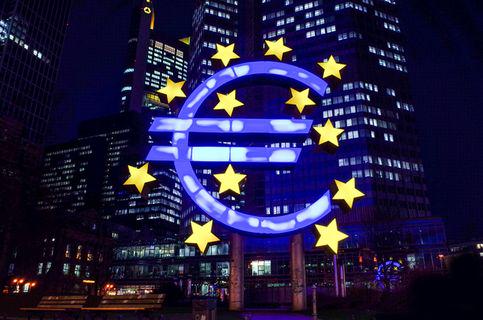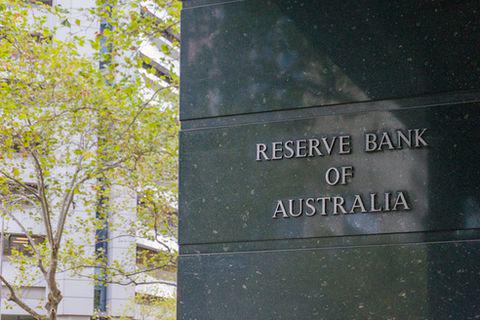
Recently, for the first time in two decades, the euro reached parity with the US dollar…

Don’t waste your time – keep track of how NFP affects the US dollar!
Data Collection Notice
We maintain a record of your data to run this website. By clicking the button, you agree to our Privacy Policy.

Beginner Forex Book
Your ultimate guide through the world of trading.
Check Your Inbox!
In our email, you will find the Forex 101 book. Just tap the button to get it!
Risk warning: ᏟᖴᎠs are complex instruments and come with a high risk of losing money rapidly due to leverage.
68.53% of retail investor accounts lose money when trading ᏟᖴᎠs with this provider.
You should consider whether you understand how ᏟᖴᎠs work and whether you can afford to take the high risk of losing your money.
Information is not investment advice
The US economy added about half a million jobs in March, while the unemployment rate was at just 3.6%. The Dow Jones index is near its historic highs. Households have saved an additional $2.5 trillion during the pandemic and are spending it now, helping the economy. Despite all this good news, expectations of a recession are very high on Wall Street. Deutsche Bank, Goldman Sachs, and Fed officials all expect the US economy to enter a recession over the next two years.
1. History repeats itself
Current economic conditions resemble the previous pre-recession periods in US history. Over the past 75 years, whenever inflation exceeded 4% and unemployment fell below 5%, the US economy entered a recession in two years. Today, US inflation is approaching 8%, and unemployment has fallen to 3.6% in March.
2. Inversion of the yield curve
The jump in commodity prices, the Fed's decision to raise interest rates, and the war in Ukraine have all pushed the yield curve to flatten in the past weeks. When the yield curve inverts, recession fears grow. The curve's inversion occurs when the 2-year Treasury yields are higher than the 10-year yields. That means investors don't trust the economy's strength in the long term and prefer to bet on the short term because they believe that the economy will slow down.
The curve inversion has predicted every recession since 1955, with only one wrong prediction. A recession occurs after yield curve inversion over a 6-24 month period, so we see all recession predictions by 2023.
3. High inflation will eat up savings
High inflation will force consumers to reduce spending so much that it will push the economy into recession. Due to higher prices, inflation will eat away household savings and consumers spending. That will force them to spend less, which will slow demand and growth even more. The IMF cut its forecast for US economic growth to 3.7% this year.
4. Too tight, too quickly
The Federal Reserve has denied the threat of inflation from the start, reacted too late, and now a sharp tightening cycle could push the US economy, and the global economy with it, into recession.
Indeed, the rapid shift from ultra easing, pumping cheap money, ignoring inflation to aggressive tightening, hiking rates, and withdrawing liquidity from the markets will cause a brutal shock to the US economy. The Fed, which will press the brakes hard to fight the highest inflation in 40 years, could, without noticing, undo the fragile recovery from the COVID-19 recession two years ago.
5. Demand overpasses supply and growth slows
Consumer spending increases and demand for services, goods, homes, and cars rises again. However, due to rapid inflation, higher oil prices, and global instability, supply chain problems already affected by COVID-19 have increased. That widened the spread between demand and supply, which led to higher prices rising more and more.
The Fed began a series of rate hikes last March to curb inflation and slow consumer spending. It's expected to raise rates at each of its remaining six meetings in 2022 to ease US spending so that demand matches supply. So a bit slower growth might be helpful to reduce inflation, but slowing too much could push the economy into recession. If there's a recession in the US this year or next, it will most likely be because of the Fed's aggressive efforts to fight inflation.
The United States may avoid a recession, but the road will not be smooth and easy. The Fed should reduce inflation while maintaining low unemployment and stable economic growth. Will the US central bank be able to do that?

Recently, for the first time in two decades, the euro reached parity with the US dollar…

The second earnings season of 2022 has almost begun. From banks and tech stocks to cars and the retail sector: in this outlook, we covered the most promising releases of this summer and made several projections on the companies’ prospects.

The stock market has reversed, and now it’s going lower and lower…

eurusd-is-falling-what-to-expect-from-the-future-price-movement

Greetings, fellow forex traders! Exciting news for those with an eye on the Australian market - the upcoming interest rate decision could be good news for Aussies looking to refinance or take out new loans. The Mortgage and Finance Association Australia CEO, Anja Pannek, has...

Hold onto your hats, folks! The Japanese yen took a nosedive after the Bank of Japan (BOJ) left its ultra-loose policy settings unchanged, including its closely watched yield curve control (YCC) policy. But wait, there's more! The BOJ also removed its forward guidance, which had previously pledged to keep interest rates at current or lower levels. So, what's the scoop? Market expectations had been subdued going into the meeting, but some were still hoping for tweaks to the forward guidance to prepare for an eventual exit from the bank's massive stimulus
Your request is accepted.
We will call you at the time interval that you chose
Next callback request for this phone number will be available in 00:30:00
If you have an urgent issue please contact us via
Live chat
Internal error. Please try again later